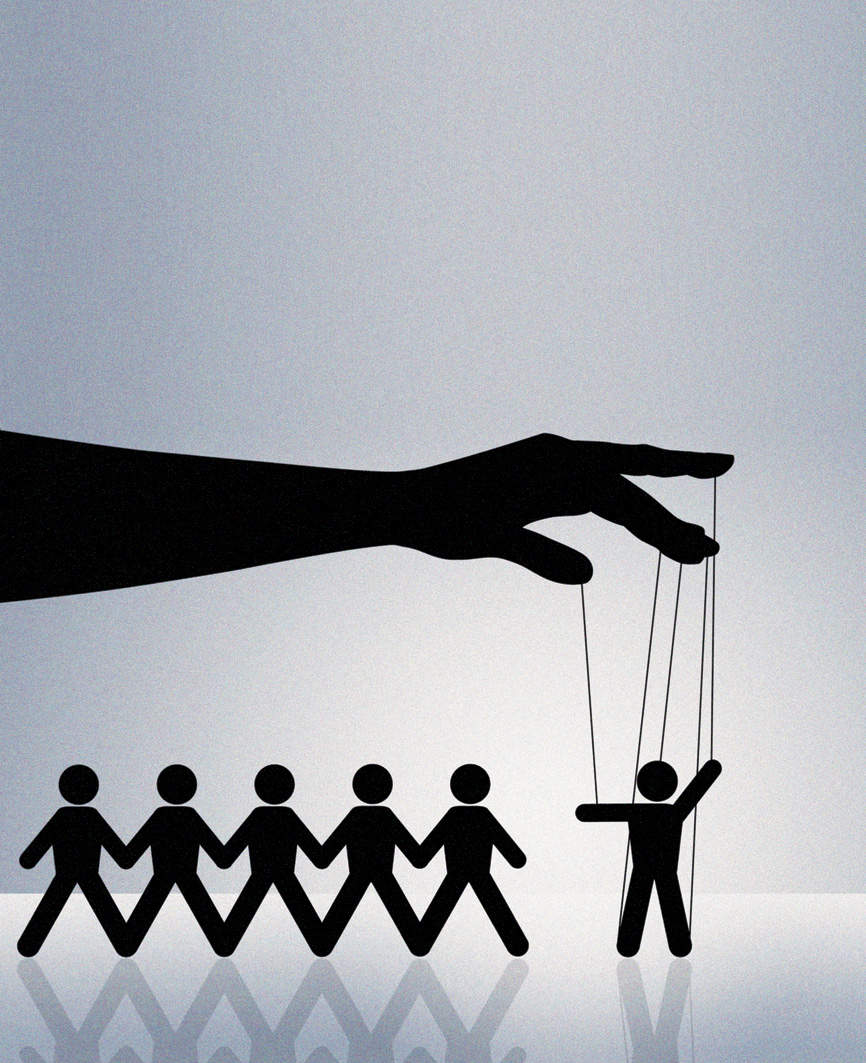Aristocracy is that form of government which is conducted by a small section of society.
They are the best men of the community and they are prompted by the most virtuous principles.
Aristos in Greek, means ‘the best’ and Kratos means ‘power’. Aristocracy, therefore, according to Greek philosophers, is a form of government par excellence.

Image Source: occupy.com/sites/default/files/medialibrary/8289827-7619d3d04a485b134eaf4149d57649d9.jpg
According to Aristotle, Aristocracy is the government run by the superior persons of society. According to Dr. Garner, “Aristocracy is usually defined as that form of Government in which political power is exercised by the few”.
Merits of Aristocracy:
(1) It is the rule by competent and wise men:
In Aristocracy the administration is in the hands of wise people. Only best people can run the administration, and not the common people. According to Carlyle, “It is the everlasting privilege of the foolish to be governed by the wise”. John Stuart Mill says that “the governments which have been remarkable in history for sustained mental ability and vigour in the conduct of affairs have generally been aristocracies”.
(2) It covers ancient traditions:
Because of party influence laws are frequently changed in democracy but in aristocracy old traditions are maintained and change in these traditions is brought about only when considered essential. Thus, there is no complete break with the past.

Image Source: worldpropertyjournal.com/news-assets/A-land-of-exotic-tribes,-and-ancient-traditions.jpg
(3) In the medieval ages even monarchs governed with the help of a few feudal lords:
When the franchise was limited, the political power was in the hands of a few people. Thus, all the governments were aristocracies. In ancient times and during middle Ages, the monarchs governed with the help of a few feudal lords. Without their help, it was difficult to run the administration, to win the war and to preserve law and order in the state. A strong emperor like Akbar also relied upon the help of the Moghul and the Rajput chiefs.
(4) Stability and efficiency:
Since administration rests in the hands of the wise, talented and experienced administrators, there is stability and efficiency in the administration.
(5) The evils of Monarchy and Democracy are not seen in Aristocracy and moderation and vigilance is the basis of the government.
Demerits of Aristocracy:
(1) All aristocracies degenerate quickly into oligarchies:
It is an historical truth that even Aristocracy of the best soon degenerates into a class rule or oligarchy, because the administration is in the hands of a few, who ultimately became selfish and who indulge into conspiracies for their selfish gain.
(2) In Aristocracy the masses are deprived of the participation in the Government:
Only a few people take part in the administration in an Aristocracy. Common people have no say in the government, which results in widespread discontent among them.
(3) Problem of the election of able persons:
There is an inherent problem of selecting able administrators in Aristocracy. It is not possible to elect able persons on the basis of family, health and birth. It is not necessary that a person born in an in an aristocratic family or possessing wealth should be a capable person. Generally, persons born of rich families and ex-landlords are incapable persons.
(4) No political training to the people:
It does not offer the people political training or political consciousness, which is so essential for citizenship. It is a Government for passive dumb-driven creatures and not for politically awakened and active citizens.
(5) Hereditary principle of appointment is most defective:
The main defect of Aristocracy is that big feudal lords exercise the power of the government. After the death of these feudal lords, power is transferred to their sons. Among the Moghuls, the power came into the hands of the sons of feudal chiefs after their death. Able Parents may have incapable sons; thus hereditary principle of appointment is defective.
(6) It is Conservative:
A great defect of aristocracy is its excessive rigidity ii does not keep pace with the development of the country.
(7) There is always a conflict among the ruling class and they are engaged in intrigues and mutual bickerings.
(8) Aristocracy stands for pomp and splendor, which entails huge expenditure and extravagance at a very high cost of public good.
Conclusion:
Since Aristocracy is full of defects, there was a great reaction of the people against it and they established democracy after abolishing it.









